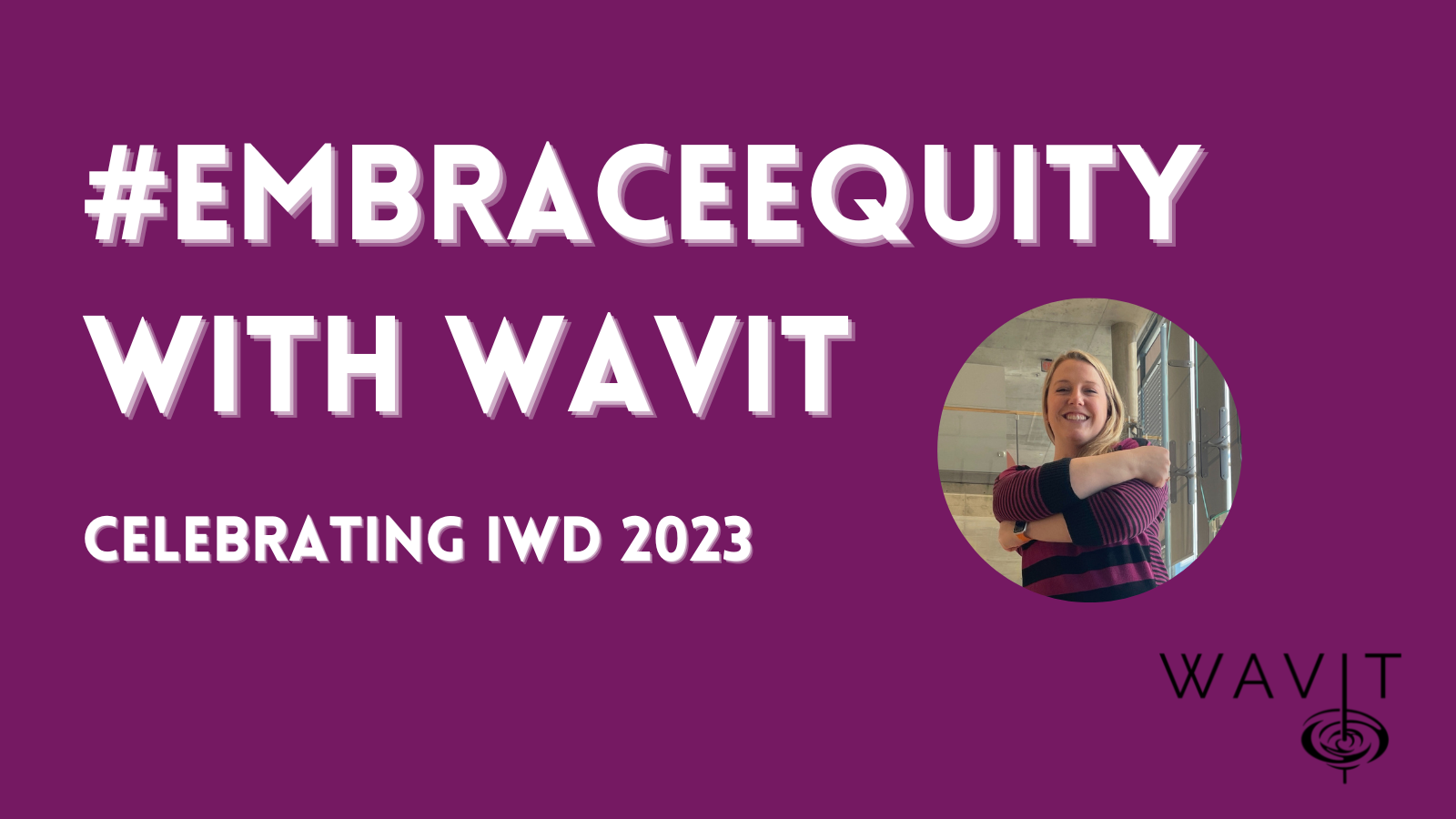What Embracing Equity Means to Me
Amanda Eberle, general manager of AV Chicago and a founding board member of Women in AV/IT shares her thoughts on embracing equity.

A daily selection of features, industry news, and analysis for AV/IT professionals. Sign up below.
You are now subscribed
Your newsletter sign-up was successful
International Women’s Day (IWD) is held annually on March 8, and this year’s theme is #EmbraceEquity. According to IWD organizers, “The aim of the IWD 2023 #EmbraceEquity campaign theme is to get the world talking about why equal opportunities aren't enough. People start from different places, so true inclusion and belonging require equitable action.”
I’ll start by breaking down the differences between equity and equality, because the two are most definitely not synonymous. Equality, in its simplest definition, means that all things are equal. Equality is what we strive for when it comes to women in the workplace. Equity recognizes that each individual has a different background and there are different circumstances surrounding each situation; when we recognize that and factor it in, we can allocate the resources needed to ensure the playing field is level and we’re able to reach equality.
Let’s say I have two employees who are expected to perform a task on a ladder. One of the employees is about a foot shorter than the other. If I gave them each the same ladder, the shorter employee would not be able to perform his/her task. If we factor in the concept of equity, I would give the shorter employee a higher ladder, and he/she would be on a level playing field and able to perform the task in the same way as the taller employee.
By creating more gender equity in the workplace, you are not only doing the right things morally, you will see financial returns—and you can’t beat that combination."
Amanda Eberle
So how do we embrace equity for women in the workplace? First and foremost, we must acknowledge that sometimes things are not equal for men and women at work, especially in terms of the very real wage gap. Sadly, the gender wage gap has not changed much in the last 20 years, according to a recent study by the Pew Research Center. In 2022, women earned an average of 82% of what men earned, according to the analysis of median hourly earnings of both full- and part-time workers; I should also note that this wage gap is even larger for women of color.
Prioritizing wage equality is, in my opinion, the most important part of embracing equity. At AV Chicago, we don’t pay the minimum wage, we pay a living wage. This means that our employees should be able to afford adequate shelter, food, and other necessities; the goal of our living wage standard is to allow employees to earn enough income for a satisfactory standard of living.
[ WAVIT Establishes Speakers Bureau to Elevate Women in Pro AV and IT ]
I also believe in removing the stigma around discussing wages with colleagues. For too long, women have shied away from discussing their finances; it was viewed as taboo or rude. But discussing our pay with our colleagues across the industry helps us understand what the market value of our roles are and helps to close the wage gap.
A daily selection of features, industry news, and analysis for AV/IT professionals. Sign up below.
Next, company leaders should take an honest look at the amount of equity and equality in their workplace. Some questions I like to ask my team and other leaders, specifically in terms of gender equity and equality include:
Are you actively recruiting women in the places they are looking for jobs and have you done your best to remove gender bias from your job descriptions? Men and women approach their career moves very differently both in terms of where they look and what they value. For example, the Harvard Business Review’s Language Matters Report, research showed that 44% of women would be discouraged from applying to a job if the description included the word “aggressive.” We need to be proactive in ensuring we’re more inclusive.
Do we have a maternity/paternity leave program in place? Sadly, the U.S. is the only advanced economy that does not guarantee paid maternity/paternity leave for workers. Ensuring your company has a solid policy to allow new parents—both mother and fathers—to spend time with their new child is not only the right thing to do, it can actually attract more workers to your talent pool.
Are you polling your employees to get their take on your company’s DEI efforts? Sometimes leadership has a very different view of equity in the workplace than the rest of the company. Have an open door policy that allows employees to speak their minds and be sure to send out anonymous surveys where they feel like they can freely express their opinions on—and provide suggestions about—your DEI efforts and policies.
You understand equity is important, but how does equity benefit your business? Besides having the ability to attract top-tier talent, it also impacts the bottom line in the best way possible. According to a 2020 study by McKinsey & Company, “companies with more than 30 percent women executives were more likely to outperform companies where this percentage ranged from 10 to 30, and in turn these companies were more likely to outperform those with even fewer women executives, or none at all.”
By creating more gender equity in the workplace, you are not only doing the right things morally, you will see financial returns—and you can’t beat that combination.

Amanda Eberle, MBA is the general manager of AV Chicago and a founding board member of Women in AV/IT (WAVIT). Prior to joining AV Chicago, she served as the senior director of member services at AVIXA where she managed the AVIXA Women’s Council.
